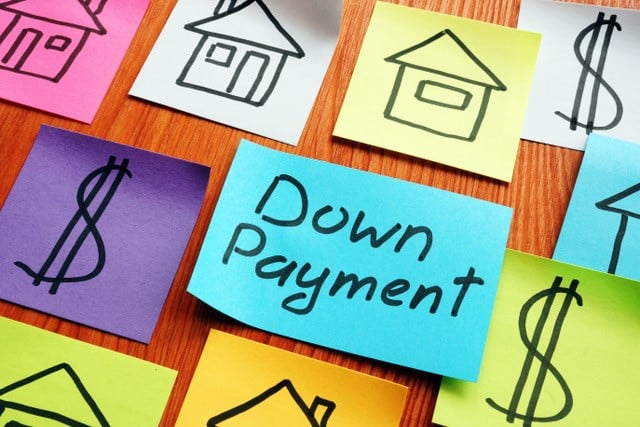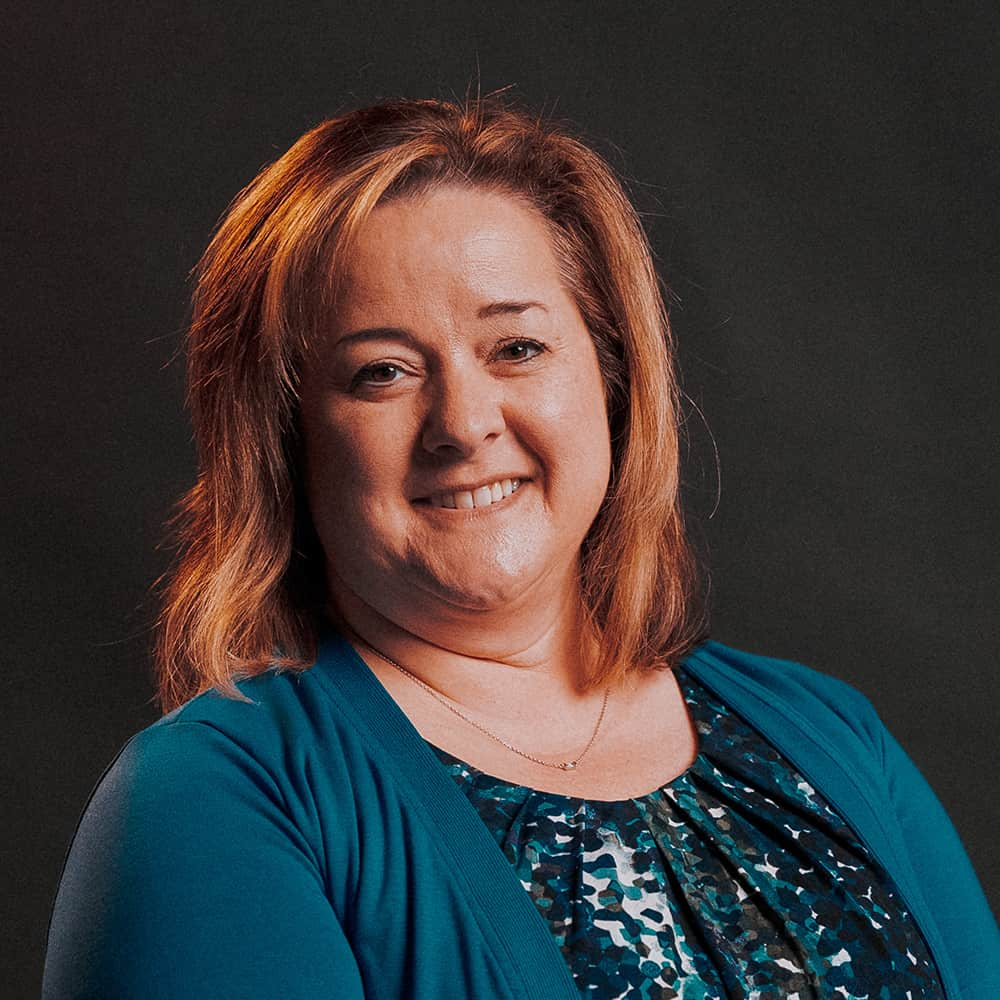If you are looking to buy your first home, upgrade your current home or find that forever home, one of the biggest steps to your homebuying journey is coming up with the down payment. While saving for a down payment can be a process, we want to give you tips and strategies that may make budgeting for buying a house easier.
Understand Down Payments
A down payment is a percentage of the total cost of a home that a homebuyer pays upfront.
The minimum down payment for conventional home loans is currently 3%, but the goal in the United States is 20%. The average first-time homebuyer pays 6%. What down payment amount you pay will depend on your financial capabilities and goals.
- A smaller down payment may help you purchase a home sooner but will likely result in higher loan payments and required Private Mortgage Insurance, which is an additional expense.
- A larger down payment can take more time to save but will require less financing through a mortgage, which means you’ll have less interest and lower monthly payments.
Your down payment requirement will also depend on the type of mortgage you get. There are many options when it comes to mortgages with differing home loan terms like length and interest rates. Don’t let the down payment be the one deciding factor on your road to home ownership.
Set a Down Payment Goal
It is important to establish a goal for your down payment. Assess your financial capabilities to determine how much house you can afford. In addition to the down payment, your budget for buying a new house should include the monthly payment, insurance, inspection costs and closing costs.
From there, check if the mortgage you chose has a down payment requirement so you can decide on a down payment amount that fits your budget and your timeline. You can even use the Centris Down Payment Calculator to develop your custom down payment savings plan.
Create a Budget
When you have a realistic savings goal in mind, you’ll want to adjust your everyday spending habits to help you start saving for your goal. To create a budget for buying a house, you first need to identify your income sources and expenses. Gather all you can about your payroll details, rent payments, utilities, transportation costs, credit card debt and more.
Knowing where your money comes and goes each month will help you better understand your finances so you can set aside enough money. Try our monthly budget calculator to easily visualize how much of your income is going toward expenses.
Now that you know where your money is going, you can identify potential areas for saving. Can you cut going out to eat down to once per week? Are there any idle subscriptions you can cancel? Perhaps you can save money for your home by skipping the vacation and doing a staycation instead. Whatever it may be, take a hard look at your finances, find areas to save and set an achievable timeframe for your down payment savings plan.
Boost Your Income
If you’ve looked at your expenses and just can’t find a way to downsize any further, you may be able to save for a down payment by boosting your take-home pay.
One way to do so is finding part-time work, but you could also negotiate your salary with your current employer or pursue passive income ideas. You could then dedicate that new paycheck to your down payment goal.
Utilize Financial Tools & Saving Strategies
There are products and services that most banks and credit unions offer that can help you save for a down payment.
While putting your down payment savings into your regular account works, it may not be the best way to save for a house because it’s difficult to track your progress. You may want to consider putting that money aside in a savings account, like our Club Account, for that specific purpose. You choose when you want the funds available within a 12-month timeframe. Until then, your funds are secure from accidental spending, and you can easily see measurable results.
One of the best ways to save for a down payment is to automate the process. Setting up automatic transfers can help grow your down payment savings without much work on your part. You can set these transfers for an amount and time that works best with your financial capabilities and down payment goal.
Other products such as certificates can help increase your savings by making money on your money. If you have extra cash that can be set aside for a period of time, this might be something to consider in helping reach your financial goal. You can learn more about the different types of savings products and strategies at our Centris Financial Wellness Center.
Explore Down Payment Assistance Programs
Down payment assistance programs are available to help homebuyers have enough down payment to purchase a house. They are typically offered by local or state housing authorities or non-profit organizations. Down payment assistance comes in forms such as FHA loans, grants, vouchers and more. The amount of down payment assistance someone receives depends on their credit score, income and debt-to-income ratio.
The eligibility requirements and application process will vary depending on the down payment assistance program you choose. The U.S. Department of Housing and Urban Development makes it easy for you to find a local homebuying program in your state.
Consider Alternative Options for Down Payments
There are several low down payment mortgage options out there to help you reach homeownership. The lowest down payment available is 3% unless you qualify for a VA or USDA loan, which require 0% down. It may be worth looking into the following loan options to see if they may be a right fit.
- Conventional 97 Mortgage – 3 % down
- Fannie Mae HomeReady Mortgage – 3% down
- Freddie Mac Home Possible – 3% down
- FHA – 3.5% down
- Centris Federal Credit Union My First Home Program – $500 down
- Centris Federal Credit Union 100% Financing Program
- Centris Federal Credit Union Mortgages for Medical Professionals
Monitor & Celebrate Your Progress
Saving for a down payment is a journey that needs to be celebrated. Track your milestones and celebrate when you reach your goals to stay motivated. It is important to reflect on how far you’ve come in saving toward your down payment goal!
If you’re looking to purchase a home soon, our local mortgage team is here to help. Apply for a mortgage loan with Centris Federal Credit Union to start your homebuying journey today! Or for more information, check out our A Penny or Two for Your Thoughts podcast episodes “Prepare, Plan and Educate” and “Don’t Surprise Your Spouse with a ‘House for Sale’ Sign in the Yard!” with mortgage loan originator PK Kopun.





